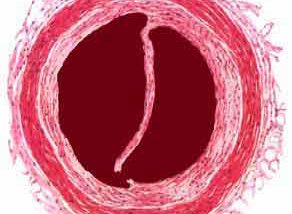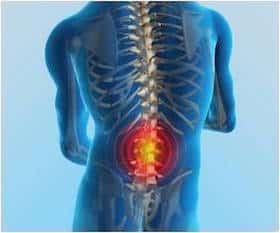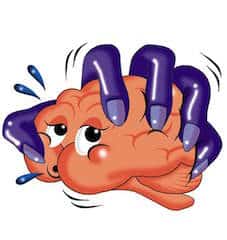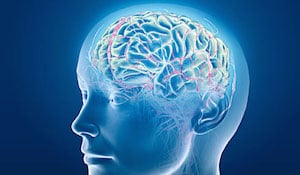Neurology
Best Case Ever 13: Aortic Dissection
Dr. David Carr, the past author of Tintinalli's chapter on occlusive arterial disease, tells us his Best Case Ever related to Aortic Dissection. In the related Episode 28: Aortic Dissection, Acute Limb Ischemia & Compartment Syndrome, we discuss the breadth of presentations and key diagnostic clues of Aortic Dissection. We review the value of ECG, CXR, biomarkers and the use of Transesophageal Echo and CTA in this sometime elusive diagnosis. We debate lots of clinical pearls and pitfalls when it comes to acute limb ischemia, and end with a discussion on the trials and tribulations of Compartment Syndrome. [wpfilebase tag=file id=398 tpl=emc-play /] [wpfilebase tag=file id=399 tpl=emc-mp3 /]
Episode 26: Low Back Pain Emergencies
In this episode we go through seven cases that display the breadth of presentations of limb or life threatening causes of low back pain emergencies with my huge mentors, Dr. Walter Himmel and Dr. Brian Steinhart. We cover everything from spinal epidural abscess to cauda equina syndrome to retroperitoneal bleeds, elucidating the key historical, physical exam, lab, imaging and treatment pearls for all of these diagnoses. We then go on to review the best management for the most common cause of back pain presentation, lumbosacral strain and debate the various medication options.
Best Case Ever 11: Cauda Equina Syndrome
As a bonus to Episode 26 on Low Back Pain Emergencies with Dr. Brian Steinhart & Dr. Walter Himmel, we have Dr. Walter Himmel's own personal incredible case of Cauda Equina Syndrome. In the related Episode we will cover the most serious spinal and vascular causes that present with low back pain including Cauda Equina Syndrome, Spinal Epidural Abscess, Spinal Epidural Hematoma, Metastases to the spine, Abdominal Aortic Aneurysm and Retroperitoneal Hematoma. [wpfilebase tag=file id=394 tpl=emc-play /] [wpfilebase tag=file id=395 tpl=emc-mp3 /]
Episode 17 Part 2: Stroke, Dabigatran and Intracranial Hemorrhage
In the 2nd part of this episode on Stroke, Dabigitran & Intracranial Hemorrhage Dr. Walter Himmel & Dr. Dan Selchen tell us everything the ED doc needs to know about the oral direct thrombin inhibitor Dabigatran and how to reverse a Dabigatran ICH. The ED treatment of stroke is reviewed including best medications and a simple way to remember BP goals. They review the management of ICH including BP goals, indications for neurosurgery, the role of recombinant Factor Vlla, and how best to reverse Warfarin-associated and platelet-associated ICH.
Episode 17 Part 1: Emergency Stroke Controversies
Ep17 P1 StrokeDr. Walter Himmel, "the walking encyclopedia of Emergency Medicine" & Dr. Dan Selchen, the head of the stroke program at St. Micheal's Hospital in Toronto with 30+ years of experience as a stroke neurologist, update us on the literature regarding Emergency Stroke Controversies including the ABCD2 Score to predict Stroke after TIA, as well as the current thinking around the best carotid imaging for patients who have had a TIA. They then review the important findings of the key thrombolysis stroke trials & how we could incorporate these findings into our daily practice. Dr. Selchen reviews the key CT findings we should look for in stroke, & Dr. Himmel takes us through how to manage the dreaded complication of ICH post thrombolysis. This episode is super controversial - so please 'speak your mind' at the bottom of the page.
Best Case Ever 3: Emergency Headache – Importance of Opening Pressure
In association with Episode 14, 'Headache Pearls & Pitfalls' with Dr. Anil Chopra and Dr. Stella Yiu, we present here, the third of our new 5 minute 'Best Case Ever' series. In Episode 14: Headache Pearls & Pitfalls, which has just been released, Dr. Chopra and Dr. Yiu answer questions like: With the ever improving resolution of CT, should we still be doing LP after negative plain CT head for all our thunderclap headache patients? How can we best minimize the chance of post-LP headache? What evidenced-based treatments can we initiate in the ED for our SAH patients that will improve outcomes? [wpfilebase tag=file id=375 tpl=emc-play /] [wpfilebase tag=file id=374 tpl=emc-mp3 /]






